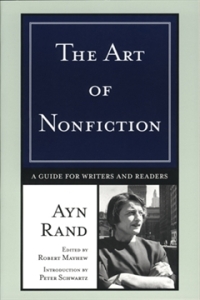 It was a wild coincidence that the day I derided what’s become its rallying cry to writers, The Rumpus publishes an essay of mine, but that’s how Monday unfurled.
It was a wild coincidence that the day I derided what’s become its rallying cry to writers, The Rumpus publishes an essay of mine, but that’s how Monday unfurled.
It’s called , and it’s about yarn art, essay-writing, my mom’s dad, and loss.
A good amount of the behind-the-scenes stuff about writing the essay is in the essay itself—mostly about why I never wanted to write it (because personal essays about this stuff are often such cliches) and then how I tried to and probably failed. I think it’s a good essay, and I’m proud of it, but I don’t know that it’s a good personal essay because of feelings and lyricism.
I at the Bread Loaf Writers’ Conference this year, and though I had practiced it a half-dozen times in my office, alone, making sure I didn’t go over my 15-minute allotment, being completely fine with the piece as it sounded in my ears, when it came time for me to stand up in front of 100+ people and read it aloud to them, I almost couldn’t do it at the end. I got choked up. I don’t get choked up. Maybe two people have seen me cry. I wasn’t prepared for it at all.
I guess what I want to say here is that this is the first essay I’ve written and released into the world that said something critical about my family I hadn’t already said to them face-to-face. I’m mad, in parts of this essay. When The Rumpus said it wanted to publish the piece I knew I had to talk to my parents about it before what was between us suddenly became everyone else’s.
I sent my folks the essay in an email and heard back from my dad within a couple hours. It was a thoughtful take on the essay, and he told me he was proud of me, and that my mom was crying. But, she said, she always cries when she reads something of mine because it makes her miss me.
I miss my parents, too. When I sent them the email, I made sure to include a line that said something like “I just want you to know that this is a way that I feel about the situation. It’s not the only way, just a way,” because that was the truth. I feel my parents are proud of me, and I feel that they’re ashamed of me. I’m proud of myself, and I’m ashamed of myself. When I got choked up reading this aloud, I was feeling both of those things at once: I was so proud to be getting laughs and attention by that room full of incredible, dedicated writers, and I was so ashamed of what kind of grandson I’d been.
This essay taught me how to write creatively—which is to say fruitfully—about my life, and that’s paratactically, which is another post for a later time.
(You can read it . Thanks to Mary-Kim Arnold for taking the piece and Paige Russell for the great illustrations.)










